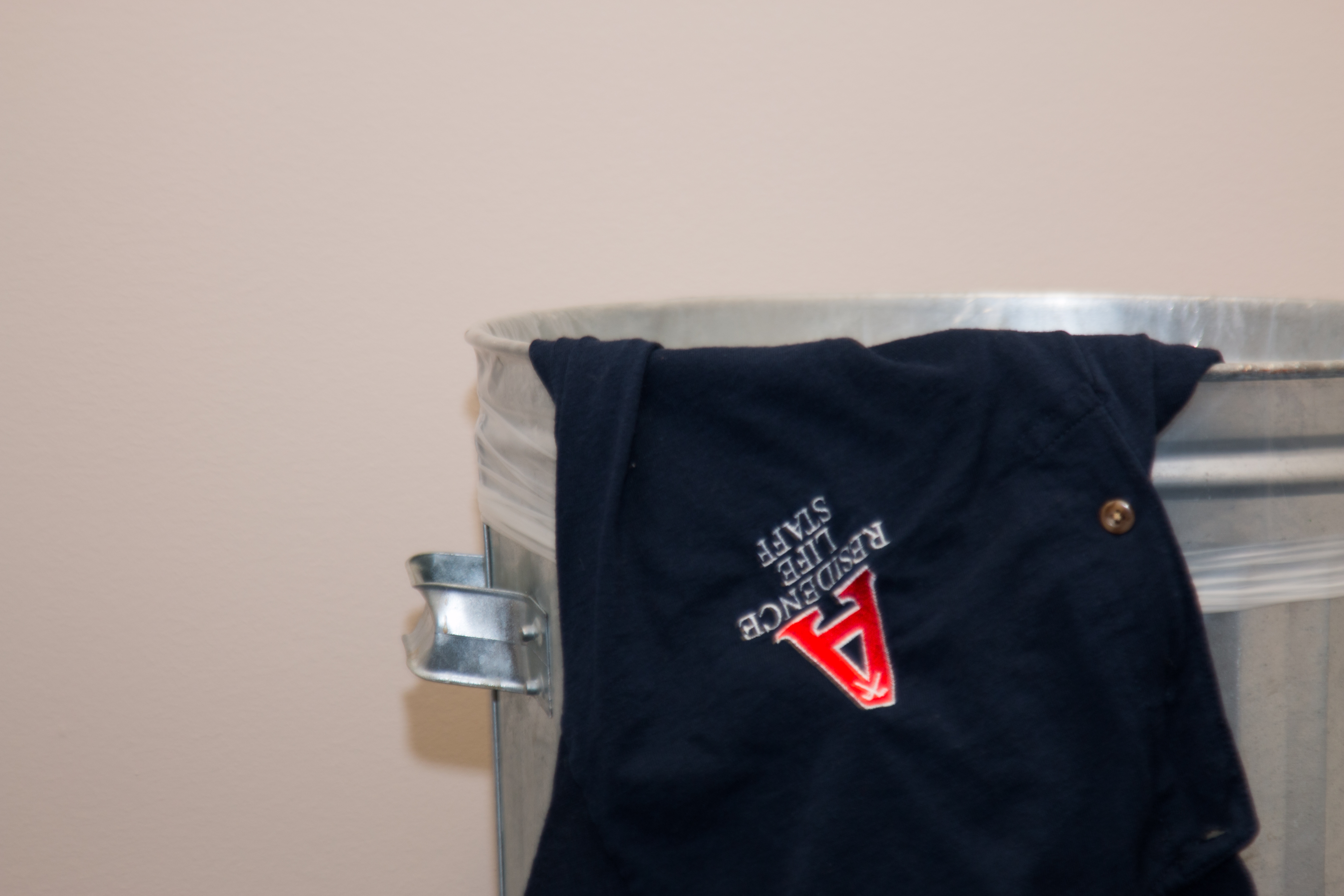In an article published in The Athenaeum last month, Christopher Vanderburgh launched a sweeping attack on shari’a, or Islamic law, linking it to everything from “backwards thinking” and sexism to beatings, rape, and beheadings. It’s a provocative piece. Unfortunately, it is also one that will leave its readers with a highly misleading impression of Islamic law.
The truth about Islamic law is that for the most part, it’s incredibly boring. Forget about those beatings and beheadings for a moment. Most of the shari’a is about proper religious practice, like what to eat, how to pray, or when to fast. Drawing on the Qur’an and the example set by the Prophet Muhammad, its main purpose is to set guidelines for how to be a good Muslim. Take the example of personal hygiene. Should a Muslim wash before prayer? If so, what parts of the body? How did the Prophet do it? What did he do when there was no water nearby? What if there is water, but it’s not very clean? What if you’ve cleaned yourself, but then someone sneezes on you before you can start your prayers, and you feel like you should wash a second time but the service is about to start? Believe it or not, there’s a book for that.
For the vast majority of Muslims today, this is what Islamic law means: instructions for how to be a good Muslim and to live your faith out loud. That doesn’t mean that things like beheadings and stonings don’t ever happen (they do), but they are very uncommon and overwhelmingly occur in just four or five countries. That’s definitely four or five too many, but they in no way represent the meaning of shari’a for the world’s 1.6 billion Muslims.
There’s more: in addition to being boring, Islamic law is also incredibly diverse. Without any “pope” or supreme religious leader, there are as many versions of the shari’a as there are individual Muslims. Unlike with Roman Catholic canon law or the Canadian criminal code, there is no authoritative book of Islamic law that Muslims can consult. Instead, it’s a body of law driven by individual scholars and judges, each of whom has his or her own opinion about how Muslims should live their lives. Opinions of the most popular and respected scholars have the most authority, but it’s an authority derived mainly from public consensus.
In a lot of ways, Islamic law is like Wikipedia, where anyone can add their two cents, but only the most knowledgeable and well-sourced opinions will stick around for long. Except with Islamic law, there are many competing Wikipedias, each with its own readers, entries, editors, and experts. The whole thing is a vast, contradictory mess – which is precisely what makes sweeping generalizations about shari’a impossible.
Unfortunately, all of this complexity tends to get lost in our current climate of Islamophobia and anti-Muslim bigotry. There’s a lot of bad information out there, especially on the internet. For example, Vanderburgh claims that forty-five percent of American Muslims disapprove of homosexuality. I wish that number were lower! But according to a 2015 survey, Muslims in the USA are fairly mainstream in their views about LGBTQ+ issues, and are actually more accepting of homosexuality (45% approve) than are many other groups, like Evangelical Christians (36%), Mormons (36%), and Jehovah’s Witnesses (16%). Moreover, Muslims and Christians in America support same-sex marriage in roughly equal numbers. I doubt things are very different in Canada. So why do only Muslims get singled out for special suspicion?
Similar myths exist about Muslims overseas as well. One popular claim on Facebook right now is that Muslim refugees have caused a rape crisis in Sweden (they haven’t). Another myth is that Muslims don’t believe in democracy (it varies, but most do). On some issues, Muslims actually rank much better than non-Muslims do. For example, Canadians and Americans are much more likely to support military attacks on civilians than are people in the Middle East – probably because most Canadians and Americans, unlike Middle Easterners, never need to think of themselves as being on the receiving end of a military attack. What does it say about Canadian culture that so many us support attacking civilians? We’ll never know, because questions about the link between Canadian culture and violence are hardly ever asked. Unlike with Islam.
I don’t want to sugarcoat things. In many parts of the world, terrible acts of brutality get carried out in the name of shari’a. And there really are elements of Islamic law that conflict with liberal norms like gender equality and religious tolerance. But that’s not the reality for the vast majority of Muslims worldwide, and it’s certainly not the reality for Muslims living here in Canada. On the other hand, Islamophobia is a reality in Canada, as we were all reminded by this month’s tragic events in Quebec City. That’s why we always need to be on our guard: against fear, against sensationalism, and against those who want to turn a blind eye.
Jeffrey Sachs teaches in the Department of Politics. He has a PhD in Islamic Studies from McGill University.




